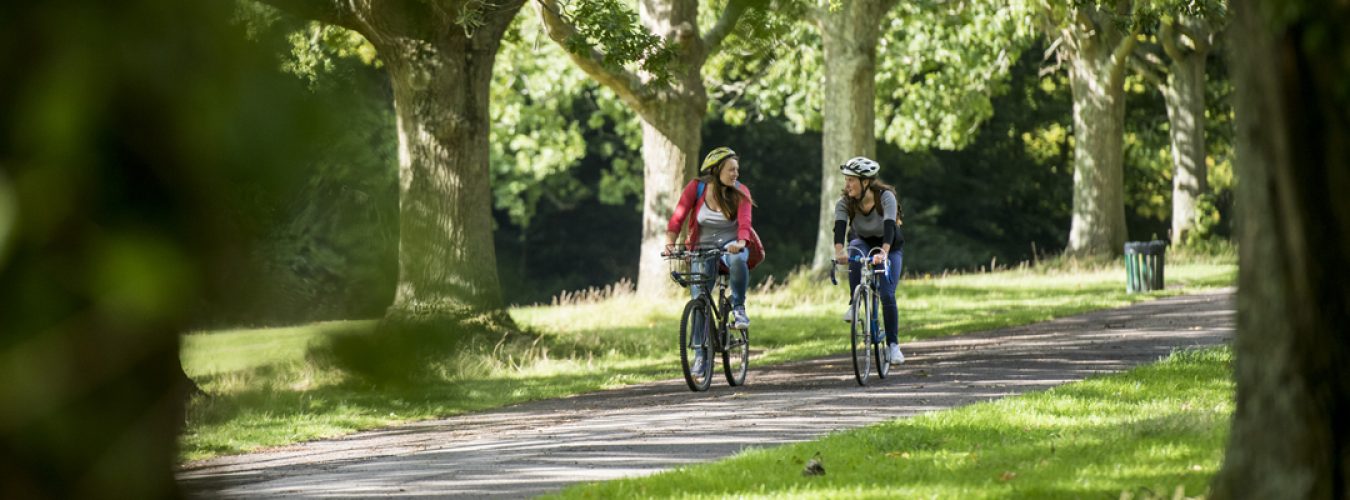Management of rail stress with climate change for modern and legacy track specifications
Supervisors: William Powrie, John Harkness, Louis Le Pen
Research group: Infrastructure Group

I recently acquired my Master of Engineering degree in Civil Engineering from Coventry University. My thesis was titled: “The effect of vegetation in the sustainable drainage system”. This dissertation was aimed to perform a detailed experimental investigation on the longitudinal dispersion coefficient within various distributions and densities of artificial vegetation in the open channel.
Currently, I am studying for a PhD in Engineering and the Environment at the University of Southampton. My research is focused on the management of rail stress with climate change for modern and legacy track specifications.
I am determined to improve infrastructural projects and make them more sustainable and adaptable to the shifting environmental circumstances for the current and future generations.
Funders: Network Rail, School of Engineering studentship
Project details:
The average rail temperatures are expected to increase in the next 30 years, rising to the mid-40s degrees Celsius. Our current understanding suggests that increasing the rail Stress Free Temperature (SFT) – the usual response in these circumstances – would have an undesirable but unquantified effect on rail breaks in winter. In particular, the impact of increasing the SFT on the risk of fracture due to a pre-existing defect has not yet been quantified. Moreover, further consideration is that a high proportion of track buckles occur on a curved track. Hence, the behaviour of continuous welded rail (CWR) on curved track must be understood. Furthermore, the investigation would determine whether sharper curves breathe/creep over the winter/summer cycle. This could mean that a curve may exhibit a high apparent SFT in summer and a correspondingly lower one in the winter.
This project will investigate the relationship between rail mean tensile forces and rail fracture risk to understand its potential impact in terms of safety and performance. Also, the project will recommend how the target Stress Free Temperature value for rail should evolve to adapt to the challenges posed by the long term effect of climate change in the UK.

